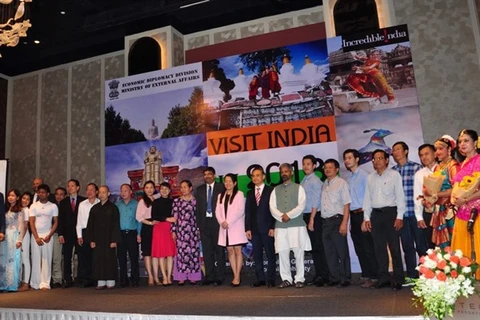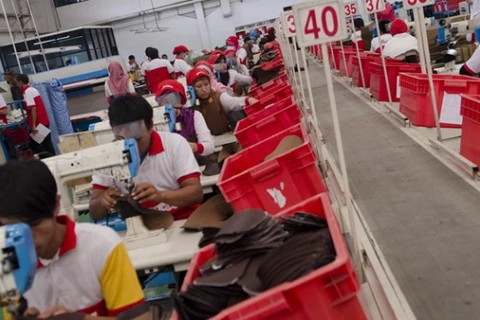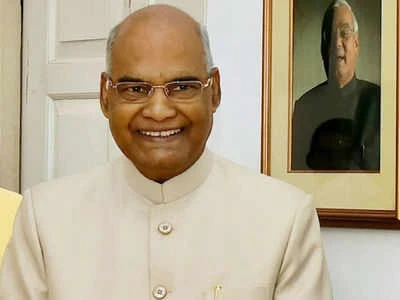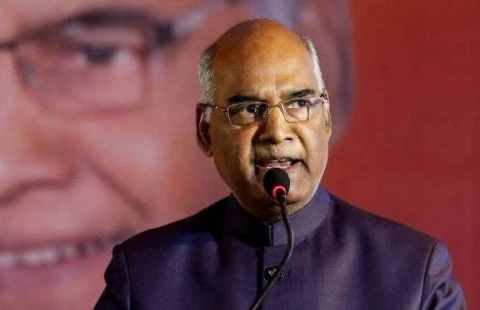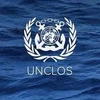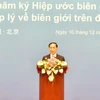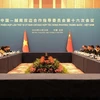New Delhi (VNA) – Indian scholars have shared their views on the significance of the State visit to Vietnam from November 18-20 by President Ram Nath Kovind, which they said will contribute to fostering the bilateral relations in various fields.
In an interview with the Vietnam News Agency’s correspondents in New Delhi, Dr. Sonu Trivedi, Director of the Centre for Vietnamese Studies in India and a senior lecturer of the University of Delhi, said the visit is the first by President Kovind to a country located to the east of India.
The President has also selected Vietnam as the first country in the Association of Southeast Asian Nations (ASEAN) to visit during his official trip to Asia, she added.
The visit takes place four years after then President Pranab Mukherjee’s tour of Vietnam in 2014 and two years after Vietnam and India elevated their relationship to a comprehensive strategic partnership during the trip to Vietnam by Prime Minister Narendra Modi.
President Kovind will be the first head of state of India and the second foreign leader to address the Vietnamese legislature, after Chinese President Xi Jinping.
The President will begin his Vietnam visit in the central city of Da Nang and the world cultural heritage site My Son in the nearby province of Quang Nam, which is considered an everlasting evidence of cohesion between the two nations’ civilisations, she said.
Dr. Faisal Ahmed from the FORE School of Management in New Delhi held that President Kovind’s visit will help deepen the bilateral interaction and bring about opportunities for Vietnam and India to step up their relationship, especially in the context of Vietnam being an important factor in India’s “Act East” policy.
To develop the bilateral ties effectively, he suggested Vietnam and India create more favourable conditions for each other in different spheres by joining the value-added chain.
The two countries should cooperate and utilise each other’s advantages in services, he said, suggesting stronger bilateral collaboration in such services as education, health care, technology, finance, tourism, entertainment and logistics.
He also urged the two countries to enhance people-to-people exchange through academic sharing, meetings between businesses and cultural exchange.
Rajaram Panda, a researcher at Lok Sabha (House of People or lower house of India), also expressed his view that Vietnam and India should join hands in film production and bolster their partnerships in culture, tourism and exchange between citizens.
He stressed that mutual visits at all levels signal the right track of the Vietnam-India relationship.
The scholars described India as an important factor in Vietnam’s development cooperation and capacity building.
They commended bilateral defence and economic-trade ties, saying two-way trade is expected to increase from 3 billion USD in 2010 to about 9.5 billion USD in 2018.
India supports Vietnam in maintaining the freedom of navigation and aviation, and establishing a rules-based order, they said, adding that both countries highlighted the significance of navigation and aviation freedom in the East Sea and called for the peaceful settlement of disputes without use of force or threat to use force.
They said if countries concerned abide by international standards such as the 1982 United Nations Convention on the Law of the Sea, the region will develop peacefully.-VNA
VNA

